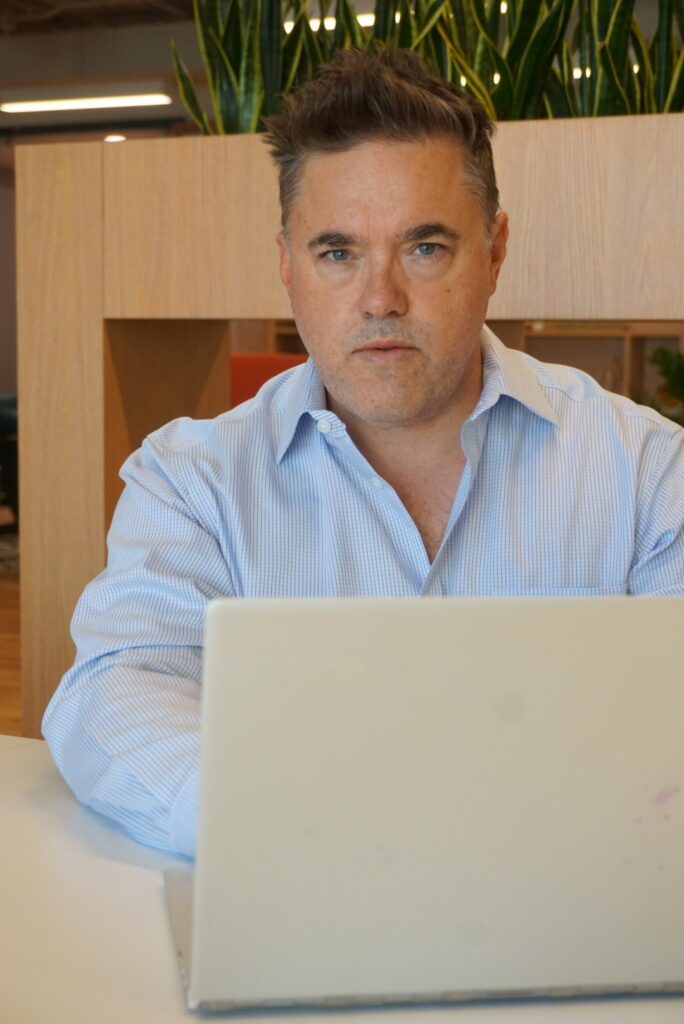Cobb, P., Confrey, J., Lehrer, R., & Schauble, L. (2003). Design experiments in educational research. Educational Researcher, 32(1), 9-13.
Summary: This article discusses design experiments as a method of educational research, focusing on the iterative process of theory development and refinement within educational settings. The authors describe design experiments as a collaborative, interventionist approach where researchers and practitioners work together to create educational innovations while also developing theory. The goal is to generate findings that both improve educational practices and contribute to broader educational theory. This process is cyclical, involving continuous revisions to both the intervention and the theoretical framework based on empirical data. The researchers emphasize the importance of ecological validity, ensuring that the experiments are conducted in real-world educational environments.
Evaluation: The article provides a thorough exploration of the design experiment methodology, making a strong case for its relevance in educational research. The authors highlight the practical benefits of this approach, including its ability to bridge the gap between theory and practice. The detailed discussion of how design experiments unfold in iterative cycles offers a clear understanding of the dynamic nature of this research method. However, while the article is insightful, it does not provide extensive guidelines on how to manage the potential challenges of such complex collaborations between researchers and practitioners.
Reflection: This article is particularly relevant to my research interests, as it emphasizes the importance of real-world application in the development of educational technologies. The concept of design experiments resonates with my approach to creating learning platforms for autistic students, where iterative testing and continuous improvement are key. Additionally, the article’s focus on ecological validity and real-world settings aligns with my goal of ensuring that the educational tools I develop are both theoretically sound and practically effective in classroom environments.


